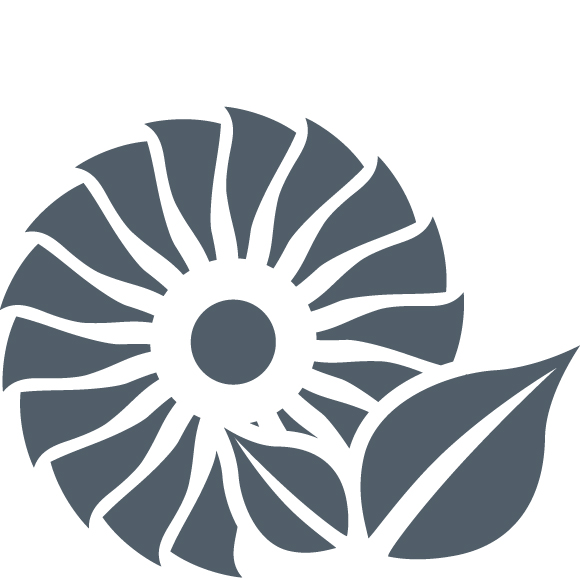Product
Research & development
We are a technology leader in aviation, drawing our immense innovative strength from extensive research and development work aimed at transforming aviation with pioneering ideas and concepts.
The Paris Agreement triggered a paradigm shift in aviation. While previous targets focused on direct CO2 effects on the climate, in the future, targets will take into account aviation’s total climate impact. This also includes non-CO2 effects; for example, the impact on the climate caused by nitrogen oxides and water emissions and by contrails and the resulting cloud formation. Fly the Green Deal, the vision of the Advisory Council for Aviation Research and Innovation for sustainable aviation in Europe, has taken up this approach. The European Green Deal defines a 55% reduction in greenhouse gas emissions by 2030 and climate neutrality by 2050 as intermediate steps on the way to the climate targets of the Paris Agreement. With its Fit for 55 package, the European Commission has presented measures to help achieve these goals. Such measures include adapting the European emissions trading system and introducing a minimum quota for the use of sustainable aviation fuel. However, in addition to these steps, the situation calls for innovative solutions for aircraft and propulsion systems—precisely what MTU is working on.
Robust innovation and technology processes at MTU
MTU manages technology development for future products using a multistage process. And over the long term, pilot concepts are developed with the help of a technology radar, and the development of enabling technologies initiated. Pilot concepts currently include the next generation of the geared turbofan (Gen2 GTF), the Water-Enhanced Turbofan (WET), and the Flying Fuel CellTM (FFC). In the medium term, advanced product designs are created and technology requirements derived from them. One example of an advanced product design that has already been fleshed out is the next-generation geared turbofan. An Innovation Board regularly discusses all topics related to technology and innovation and initiates technology projects and studies. → More on this under Climate impact of aircraft engines
The basis of this technology process is our culture of innovation, which we cultivate with a variety of initiatives. These include a Group-wide innovation management concept; the Inno Lab, our creative think tank; and Ideation Challenges through which we gather and evaluate ideas from employees related to a specific field of innovation, such as our partner network featuring centers of competence.
Trend and technology radar
What will be the global trends affecting our core business in 2040? What opportunities do these developments offer and how should we as a company respond to them? Companies today have to know what scenarios are possible if they want to be best prepared for the future. As part of its Disruption Aviation 2040 project, MTU assembled an interdisciplinary team to investigate these questions and identify trends and technologies that are relevant for MTU and its environment. Sustainability was put on the radar as a trend area with several relevant topics in the areas of carbon footprint and circular economy and recycling identified, e.g. sustainable supply chains, climate regulations, and carbon capture. As MTU is already very well positioned in the field of future technologies, particularly with regard to alternative propulsion systems, other questions have been included. The various trends and developments identified in the course of the project are now being monitored further, and some of the topics have also been incorporated into Innoverse, MTU’s innovation management platform.
Research and development budget increased
In 2023, MTU again invested heavily in sustainable innovation and technologies: our investment in research and development (R&D) in 2023 was 15% higher than the previous year, for a total of EUR 306 million (2022: EUR 265 million); as a proportion of revenue, it amounted to 5.7% (2022: 5.0%). With our R&D activities, we are actively promoting sustainable, zero-emission aviation while investing in MTU’s future at the same time. R&D activities in 2023 focused on performance improvements in the geared turbofan programs, technology studies for future generations of propulsion systems—with an emphasis on the next-generation geared turbofan, the Water-Enhanced Turbofan, and the Flying Fuel Cell—and the expansion of capabilities in the area of virtual engines.

is how much we invested in R&D in 2023 with one clear goal: the decarbonization of aviation.
Global network of around 100 partners
To sustain MTU’s technological expertise, it is important to be adequately plugged into the research landscape. We maintain a network of some 100 universities, research institutions, and companies around the world. → MTU’s research network MTU is involved in major research programs in Germany (the Federal Aviation Research Program, or LuFo) and Europe (such as Horizon Europe, Clean Aviation, and Clean Hydrogen) that push the development of ecologically efficient propulsion technologies for aviation. These programs bring together researchers from a wide range of manufacturers, universities, and major research institutions.
One cutting-edge technology program is the SWITCH project, which combines MTU’s Water-Enhanced Turbofan with hybrid-electric propulsion elements based on the geared turbofan. Our Flying Fuel CellTM scored points in the second Clean Aviation call in 2023 and was accepted as a funded project under the acronym HEROPS.
In addition, MTU is a founding member of Bauhaus Luftfahrt: a visionary think tank with an international dimension that pursues novel, unconventional, holistic, and interdisciplinary research. It brings industry and science together under one roof, focusing primarily on exploring the socioeconomic, political, and ecological aspects of aviation, designing visionary aircraft and propulsion concepts, unearthing promising technologies for the future, and devising knowledge management strategies.


